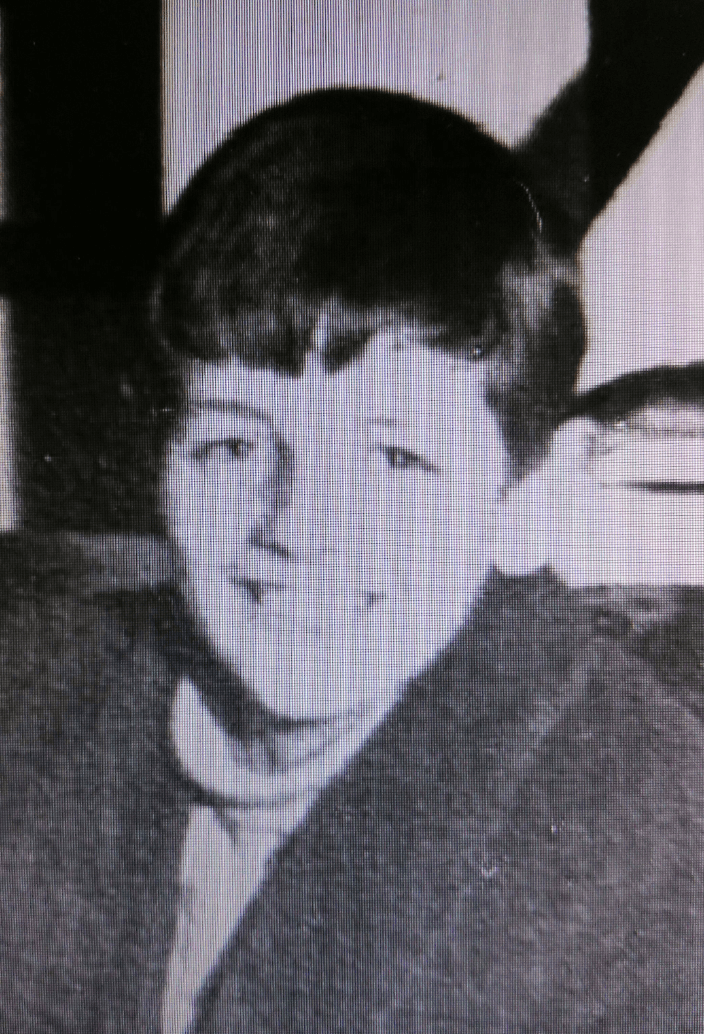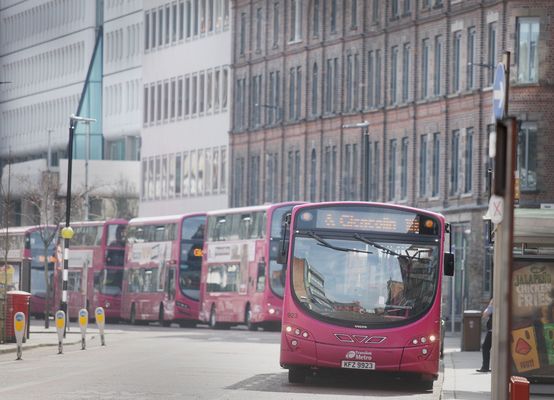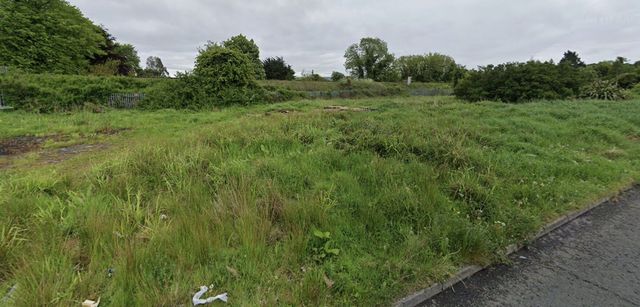AN INQUEST into the murder of Patrick Crawford who was shot dead in the grounds of Royal Victoria Hospital by the British Army in August 1975 has been set for 11 March next year.
Patrick Crawford was 15 when he killed by a single bullet to the chest on 10 August 1975. At the time of his shooting he was walking through the grounds of the hospital accompanied by two women, Mrs Kathleen Faloon and Mrs Annie Miskimmon. Patrick had asked the two women to accompany him through the grounds as he was afraid after an anti-internment rally in Dunville Park.
Both women gave evidence during an inquest in December 1979 where they attested Patrick was unarmed. His mother was killed during crossfire between the British Army and IRA three years earlier.
The new inquest into his killing has been fixed for full hearing for the 11 March 2024.
The Coroner, Judge Gilpin opened the inquest in March 2022 and heard evidence including statements of evidence from family members before adjourning the inquest to hear evidence from pathology and ballistic experts as well as the MoD and other state agencies.
The family of Patrick Crawford (15) believe that he was shot dead by the British army in the grounds of the Royal Victoria Hospital with one high velocity shot. https://t.co/cUPFoi9772
— Seánie B (@SMacB) October 3, 2023
Patrick Crawford's family have campaigned for years to obtain the fresh inquest into the circumstances of his death.
Patricia Coyle, Solicitor of Harte Coyle Collins who are representing the family, said they remain committed to the completion of the inquest into the death of their brother. They welcome the coroner’s decision to fix the inquest for hearing prior to the deadline now imposed by contentious Legacy Bill which will cut off all inquests and enquiries not completed by 1 May 2024.
That 1 May 2024 deadline is now the subject of multiple legal challenges by relatives of other victims of the conflict.
Speaking on behalf of Patrick's family, Patricia Coyle said: “The moral and legal obligation to properly investigate and, where necessary, prosecute those responsible for the killing of innocent children is a fundamental given in a democracy. The Legacy Act NI 2023 will now be deprived the families of children killed in the conflict of a police investigation, the potential for prosecution and judicial scrutiny of the circumstances via inquests and civil litigation.
"Our clients know of no society which would tolerate such a move. Our clients know of no parent who would rest until achieving some measure of public accountability and justice for the killing of their child.
"The parents and siblings of children killed in Northern Ireland should be entitled to access all routes to justice available to parents in other legal jurisdictions. For our clients, the ICRIR is no substitute for our public police and court processes. We have a fiercely independent judiciary in Northern Ireland and our clients collectively retain their faith in the courts."






